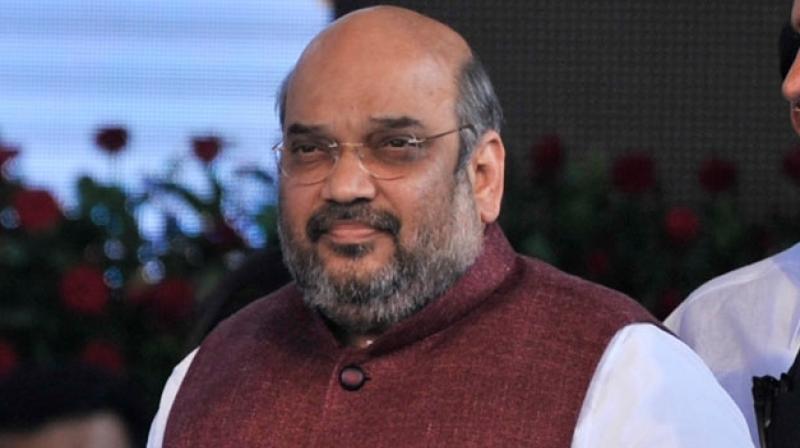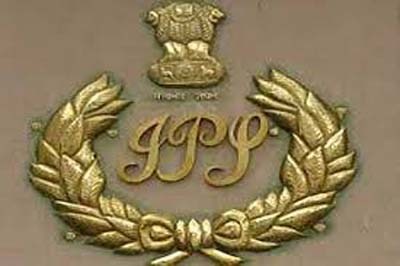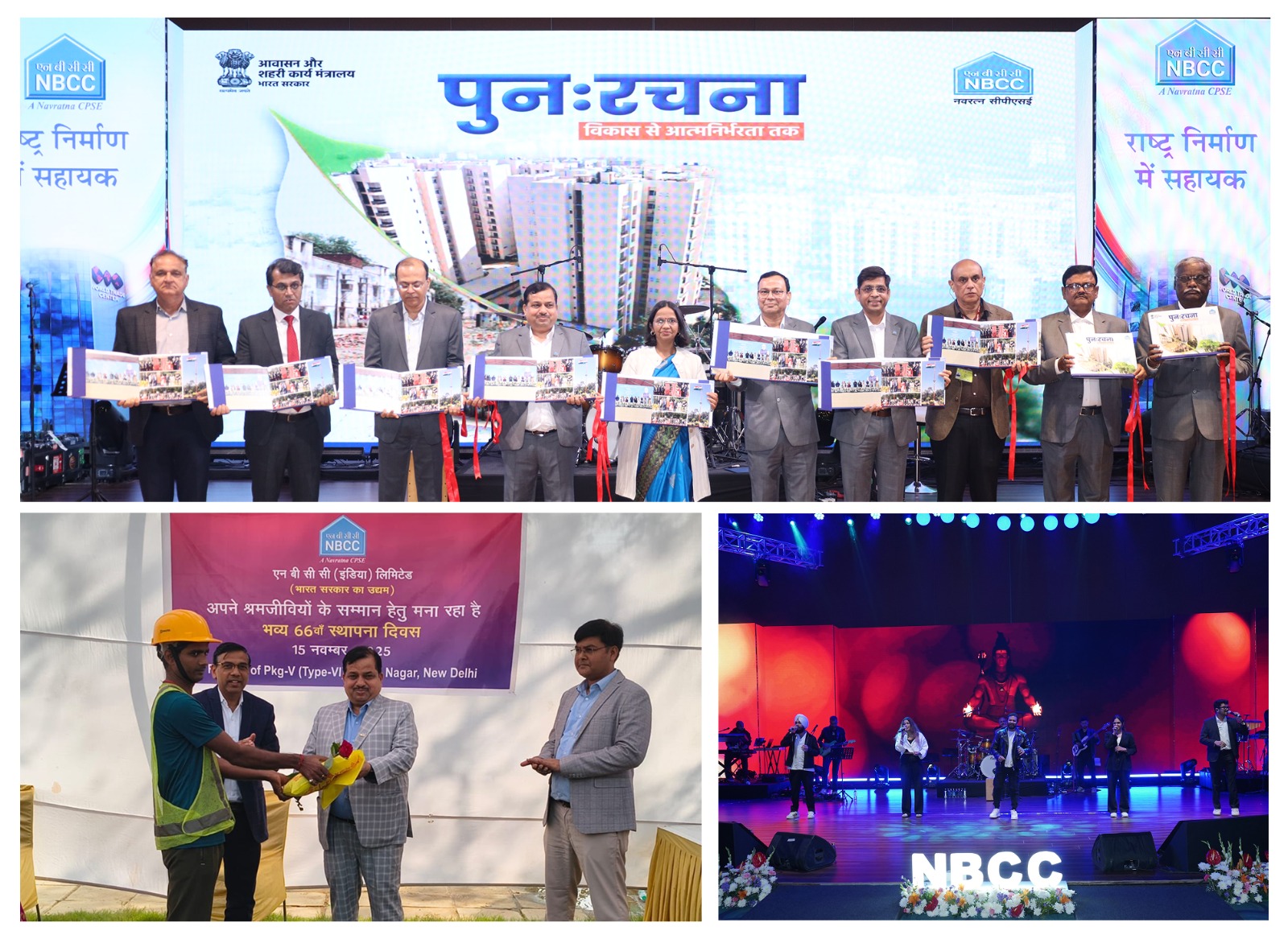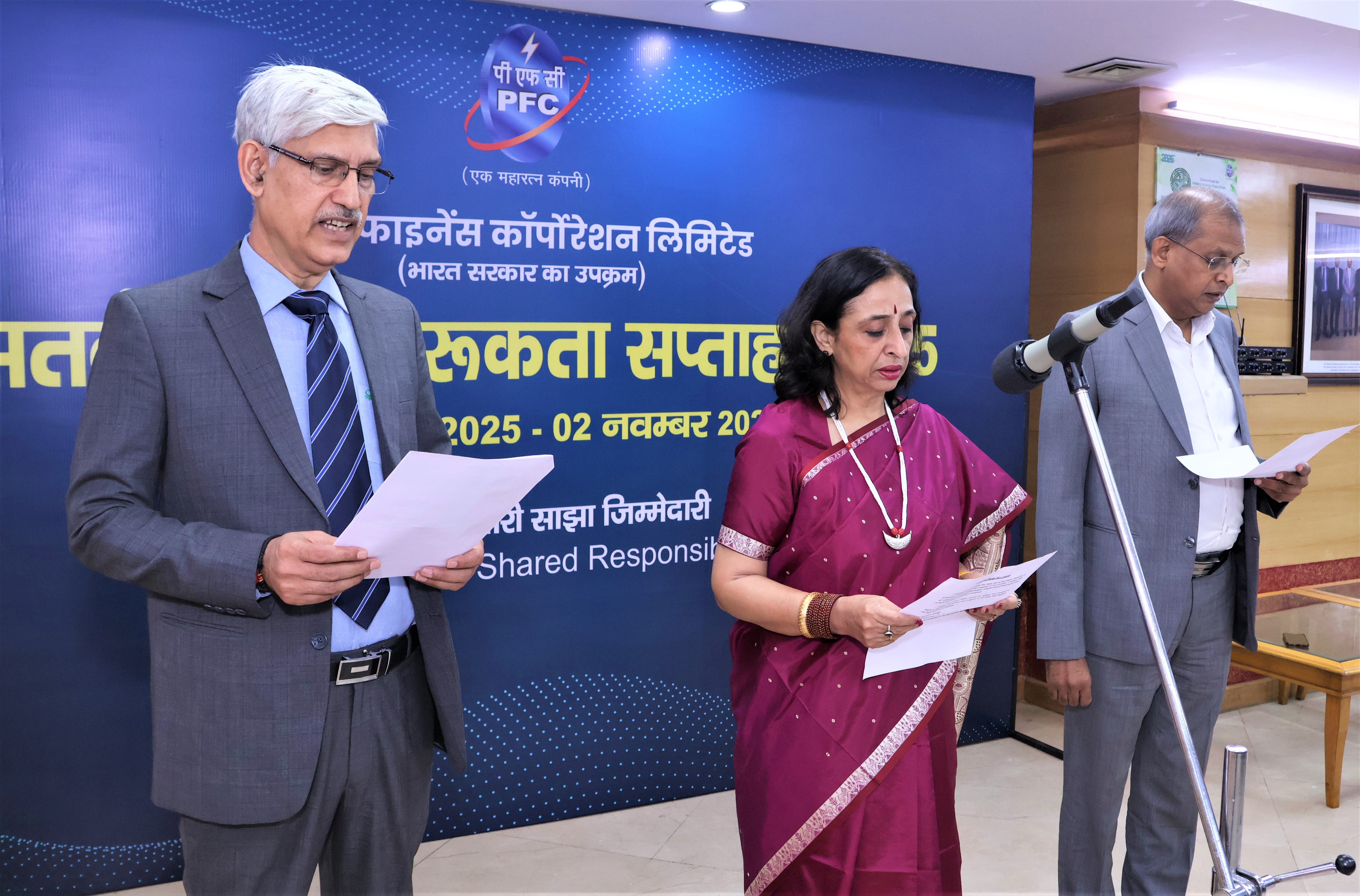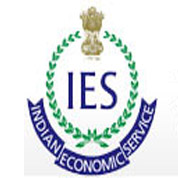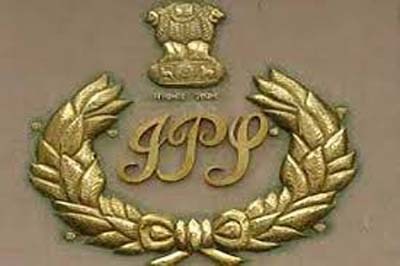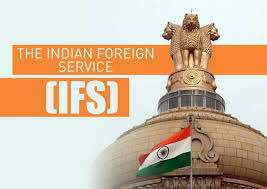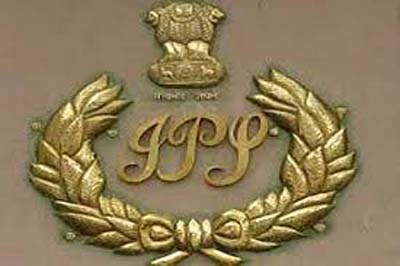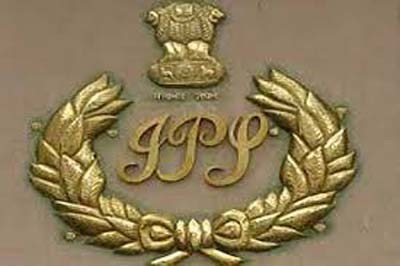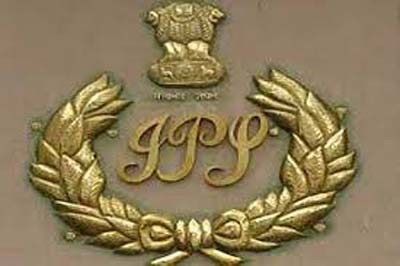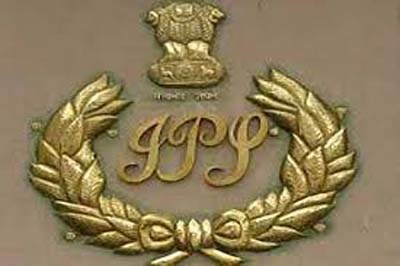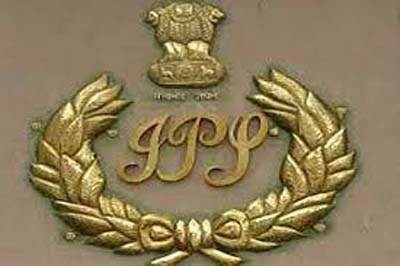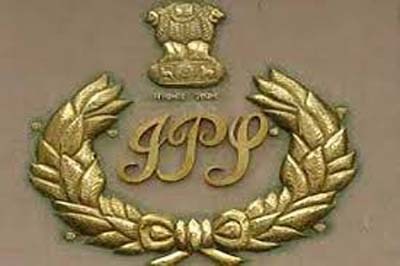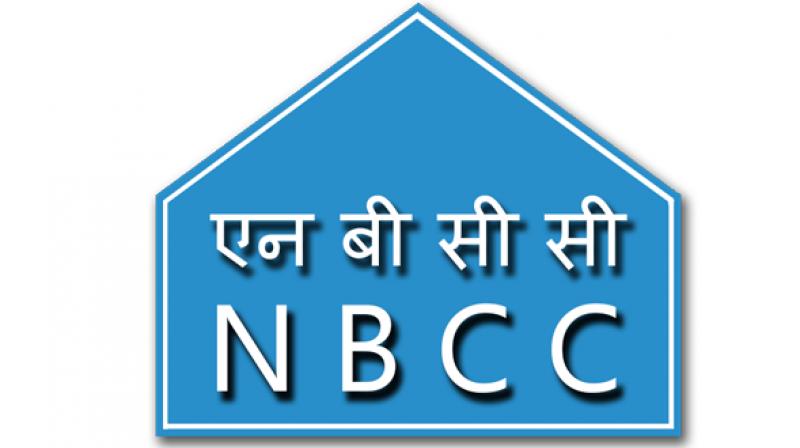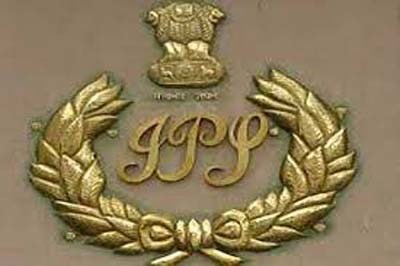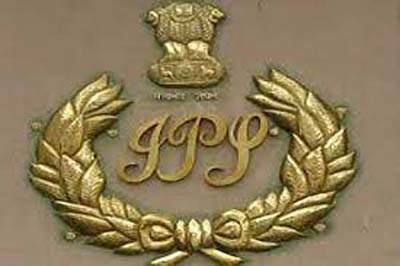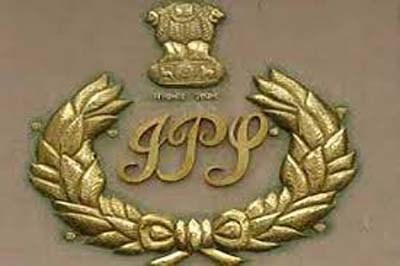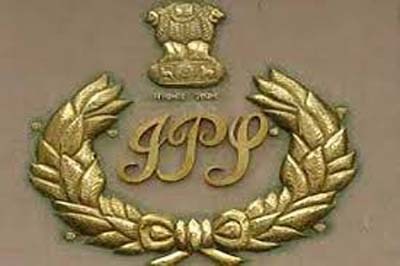Amit Shah will announce the National Cooperative Policy 2025 at an event organized at Atal Akshay Urja Bhawan, New Delhi on 24th July 2025. Members of the drafting committee of the National Cooperative Policy, Chairmen and Managing Directors of all National Cooperative Unions, senior officials of the Ministry, senior officials of National Cooperative Development Corporation (NCDC), National Council of Cooperative Training (NCCT) and Vaikunth Mehta National Institute of Cooperative Management (VAMNICOM) will be present on the occasion.
The new cooperative policy will prove to be a milestone in the cooperative movement of India for the next two decades from 2025-45. Under the leadership of Prime Minister Shri Narendra Modi and the able guidance of Union Home Minister and Cooperative Minister Shri Amit Shah, the new cooperative policy 2025 aims to revive and modernize the cooperative sector as well as realize the vision of prosperity through cooperation by creating a roadmap at the grassroots level. Earlier in the year 2002, the country's first National Cooperative Policy was issued, which gave a basic framework for better management of the economic activities of cooperative institutions. In the last 20 years, many major changes have taken place in the society, country and the world due to globalization and technological advancement. Keeping these changes in mind, it became necessary to formulate a new policy, so that cooperative institutions can be made more active and useful in the current economic scenario and the role of the cooperative sector can be strengthened in achieving the goal of "Viksit Bharat 2047".
The objective of the National Cooperative Policy is to make cooperative institutions inclusive, manage them professionally, prepare them for the future and be able to create large scale employment and livelihood opportunities especially in rural India.
A 48-member national level committee headed by former Union Minister Shri Suresh Prabhakar Prabhu has prepared the new National Cooperative Policy. This committee included members from national/state cooperative federations, cooperative societies of all levels and sectors, representatives of the concerned Central and State Government Ministry/Department and academicians. To ensure a participatory and inclusive approach, the Committee held 17 meetings and 4 regional workshops in Ahmedabad, Bengaluru, Gurugram and Patna. 648 valuable suggestions received from stakeholders were carefully evaluated and incorporated in the new cooperative policy.
